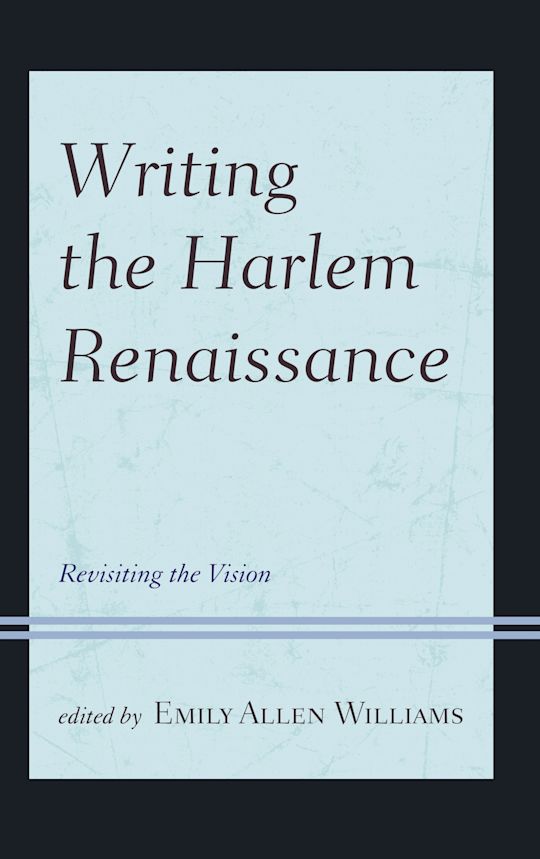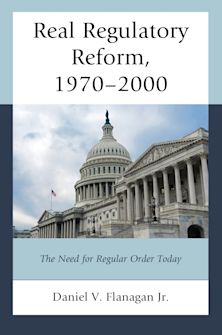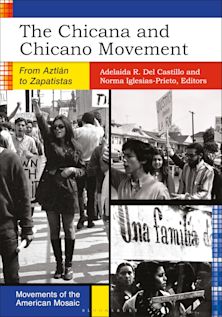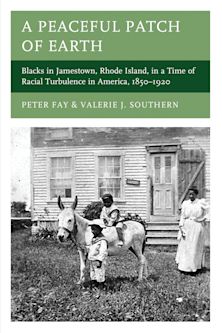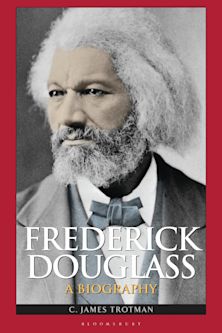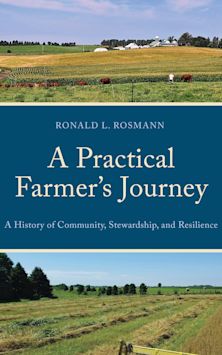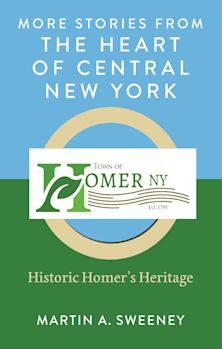Writing the Harlem Renaissance
Revisiting the Vision
Writing the Harlem Renaissance
Revisiting the Vision
Description
The contributors in this study examine the historical Harlem community during its renaissance period as well as its present-day community. A cursory investigation of the existent that focus on the Harlem community during its renaissance of the early twentieth century reveals that the compilations are primarily ones that present the subjects’ life stories through the lens of praise songs. This book, however, presents the Harlem community through a lens that reveals more grounded and researched analyses that bring the influences and contributions of the Harlem Renaissance to a level of relevance in the twenty-first century from one or more critical vantage points. This study aims to move beyond the more obvious and foregrounded artistic contributions towards analyses of the Harlem Renaissance alongside analyses of a twenty-first century Harlem community and its present day contributions.
Table of Contents
Introduction, Reginald Martin
Part I: Writing the Harlem Renaissance: Spatial Representations and Memorandums of [Mis] Understanding
Chapter 1: The Greatest Joy in Life: Geraldyn Dismond's Transformative Coverage of the Hamilton Lodge Ball, Jacqueline C. Jones
Chapter 2: Towards a Trans-Atlantic Approach: Tracing the Modernist Psychodrama and Wasteland Critique-the Poetry of the Political Imagination, Christopher Varlack
Chapter 3: The Impact of the Harlem Renaissance on the Development of the African American Voice within Literature, Mary Lynn Chambers
Part II: Blackness, Beauty, and Interracial Posturing: Sociological and Literary Representations
Chapter 4: DuBois and Larsen: The Convergence of Contrasting Literary Genres, Imani Michelle Scott
Chapter 5: Jean Toomer's Cane in the Harlem Renaissance: Modernity, Individuality, and Language, Gerardo Del Guercio
Chapter 6: In Search of Our Mother's Dignity: The Plight of African American Women in Selected Harlem Renaissanc
Product details
| Published | Apr 26 2017 |
|---|---|
| Format | Ebook (Epub & Mobi) |
| Edition | 1st |
| Extent | 140 |
| ISBN | 9780739196816 |
| Imprint | Lexington Books |
| Publisher | Bloomsbury Publishing |
Reviews

ONLINE RESOURCES
Bloomsbury Collections
This book is available on Bloomsbury Collections where your library has access.









